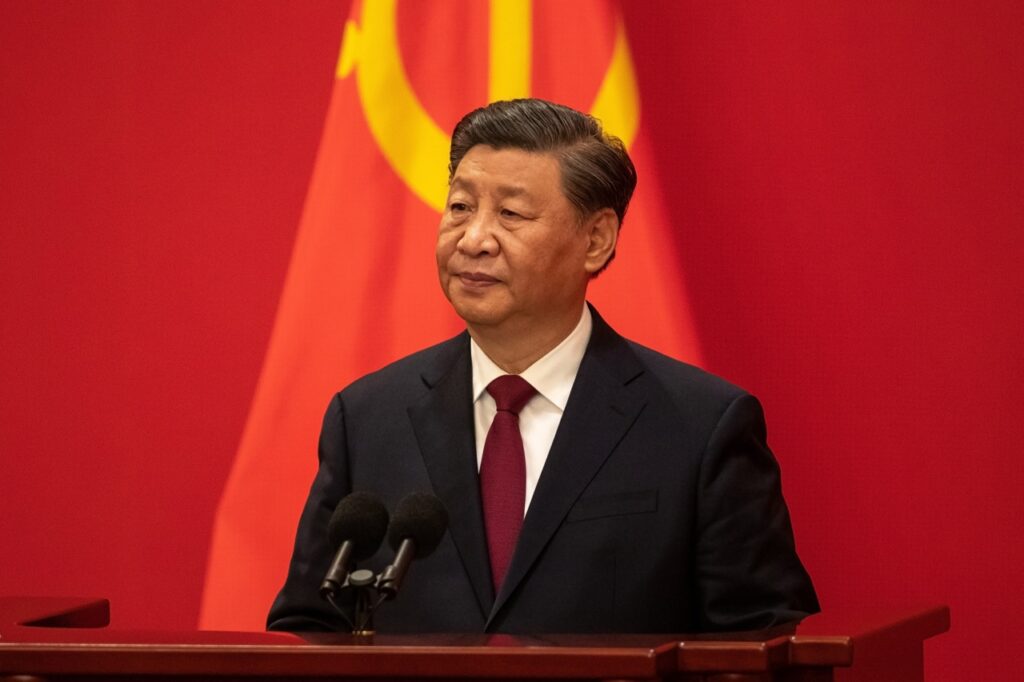Taiwan’s President Lai Ching-te firmly stated on Saturday that it is “impossible” for the People’s Republic of China (PRC) to be considered Taiwan’s motherland due to Taiwan’s older political heritage. Speaking at a concert leading up to Taiwan’s national day celebrations on October 10, Lai emphasized the historical roots of Taiwan, which he asserts is a sovereign nation known as the Republic of China (ROC). This stance is in stark opposition to Beijing’s claims of sovereignty over Taiwan, which the PRC has labeled as a “separatist” territory.
Lai highlighted the ROC’s origins, tracing back to the 1911 revolution that ended the last imperial dynasty. After the civil war in 1949, the republican government retreated to Taiwan following its defeat by Mao Zedong’s communist forces, who subsequently established the PRC. In his remarks, Lai pointed out that while the PRC celebrated its 75th anniversary on October 1, the ROC would soon mark its 113th birthday. “Therefore, in terms of age, it is absolutely impossible for the People’s Republic of China to become the ‘motherland’ of the Republic of China’s people,” he asserted, drawing applause from the audience. “On the contrary, the Republic of China may be the motherland of the people of the People’s Republic of China who are over 75 years old.”
This assertion of sovereignty is critical as Taiwan prepares for its national day celebrations. Lai reiterated the importance of acknowledging Taiwan’s status as an independent nation, stating, “One of the most important meanings of these celebrations is that we must remember that we are a sovereign and independent country.” The comments come amidst escalating tensions between Taiwan and the PRC, with Chinese President Xi Jinping also reaffirming his government’s position on Taiwan during a recent speech.
Lai has previously provoked Beijing with historical references regarding Taiwan’s sovereignty. In September, he suggested that if China’s claims to Taiwan were based on territorial integrity, then it should also reclaim territories ceded to Russia by the last Chinese dynasty in the 19th century.
As Taiwan continues to assert its independence, the government remains under scrutiny from Beijing, which has not hesitated to respond to any challenges to its claims over the island. The situation remains a focal point of international relations in the region, with the potential for further diplomatic tensions as Taiwan prepares to celebrate its national identity on October 10.



